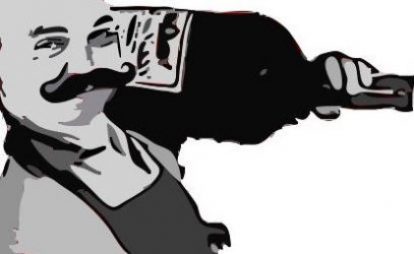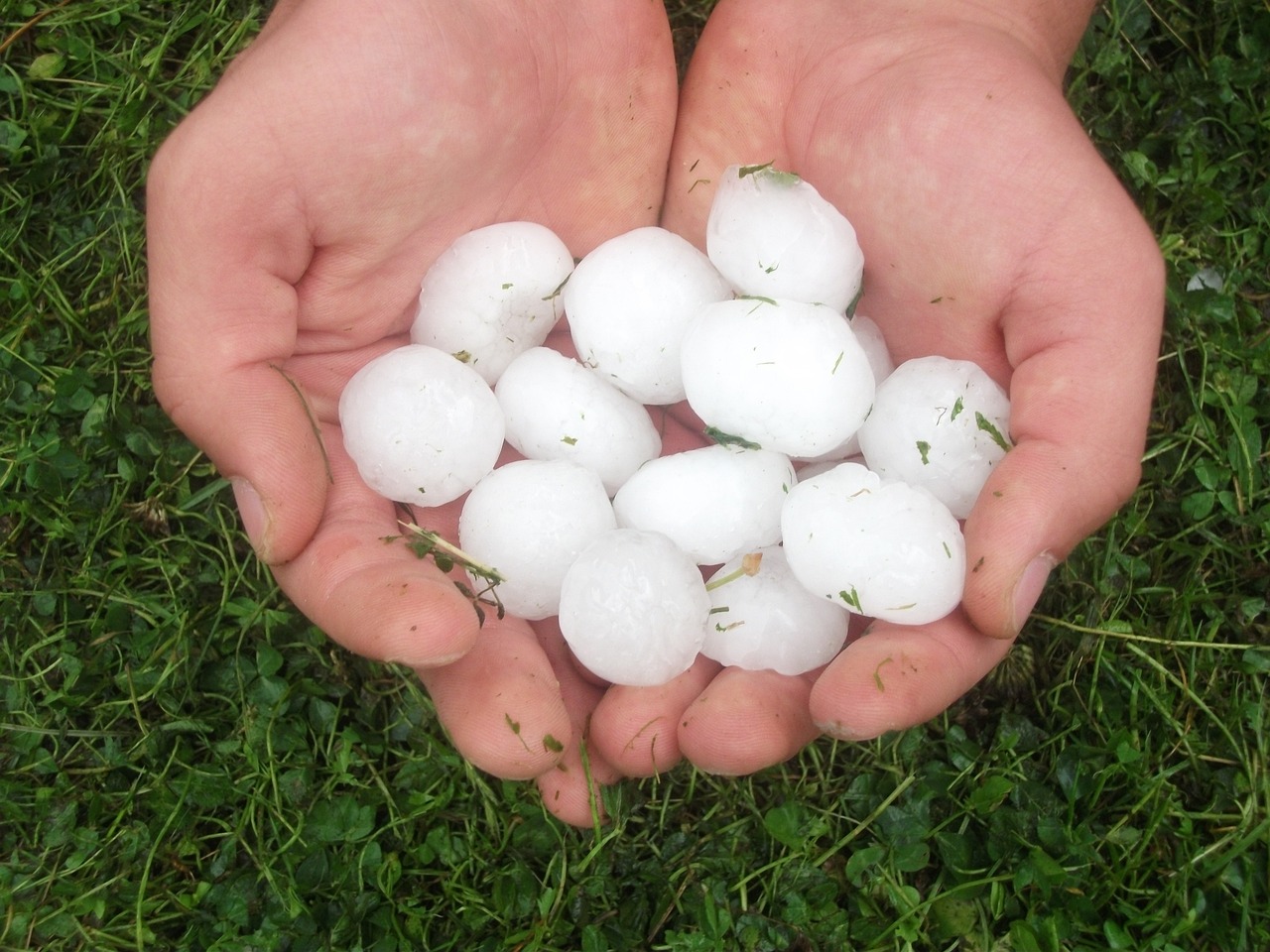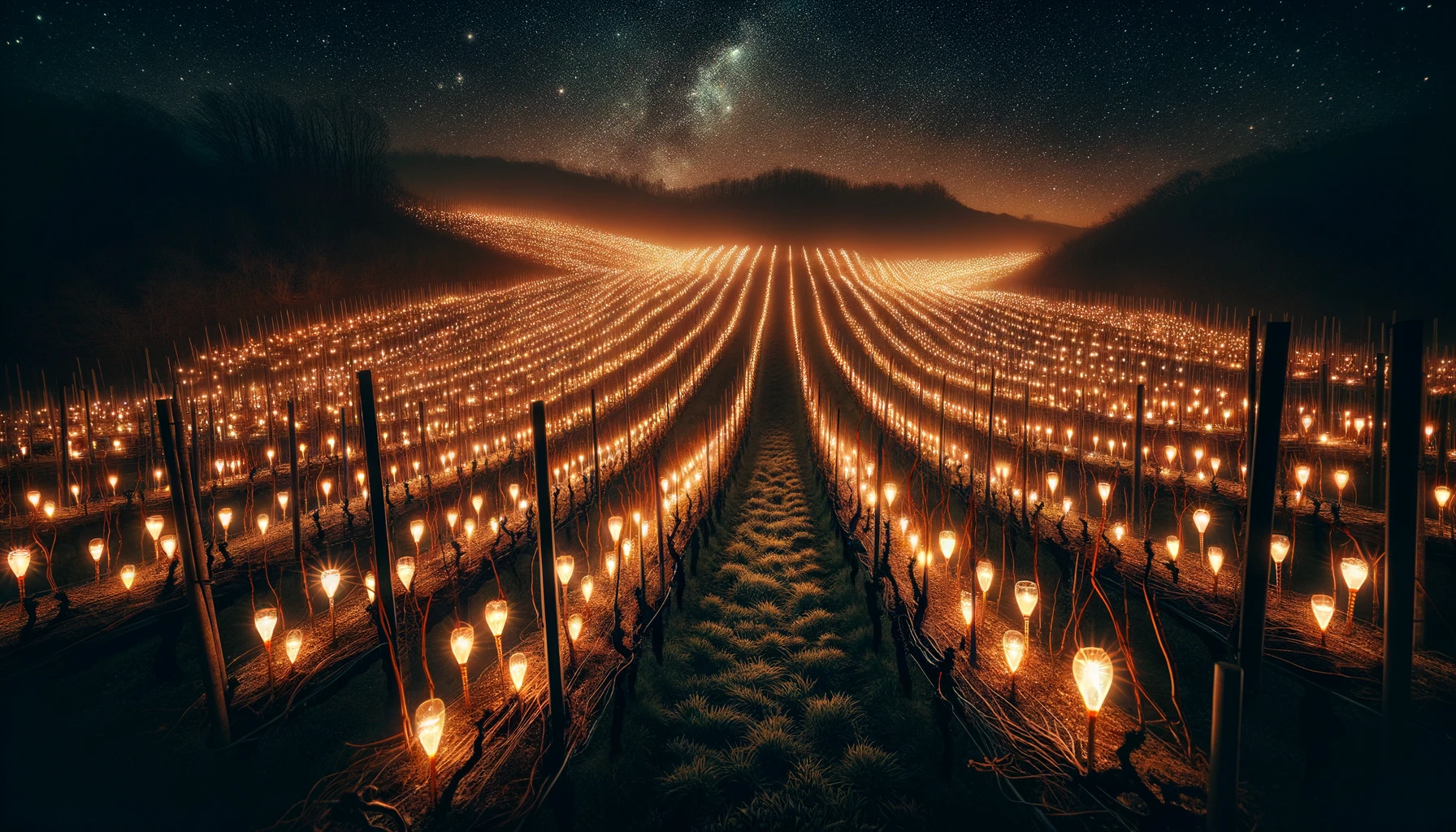The next step in the space race? While we missed out on ProWein, which should have taken place during the week ending on 28th March, we got a couple of other interesting news from the World of Wine. Here is the JollyCellarMaster Weekly:
Optimising Maturation, the real Cost of Climate Change and a Dangerous Trade Dispute
Petrus in Space
Winemakers sometimes go to extreme lengths when it comes to maturing their wines. From the traditional aging in barrique or amphores in the cellar, producers have moved their stock to caves, or old salt and silver mines to ensure constant temperature and humidity levels to ensure optimal results for storage and aging.
Researchers from the University of Bordeaux’s wine institute in collaboration with a European space startup have shot a case of Petrus 2000 into space, or to be more precise, the International Space Station where it stayed for more than a year and returned safely back to Earth.
The project is “part of a long-term effort to make plants on Earth more resilient to climate change and disease by exposing them to new stresses, and to better understand the ageing process, fermentation and bubbles in wine“.
So, after spending 14 months at an altitude of 400 km, and after a journey of 300,000,000 kilometers at 28,000 km per hour and in zero gravity, the first tests focused on differences in taste and appearances between the 12 space travelers and samples from the same vintage that had stayed back home in the cellar. Apparently, the latter tasted a little younger according to one expert, though the panel acknowledged that the differences could be down to a taster’s sensitivity as some variations were identified in smell and taste. The bottom line is, however, that both cases were considered still to be great wines, which means you shoot your wine into the orbit if don’t correctly, which is a testament to the durability of the bottles and the logistics of the people involved. And, it’s, of course, evidence of the great will power of the astronauts as I’m not sure I could not have been trusted with the bottles for such a long time in space…
He said the panel identified some differences in smell and taste, as well as colour, but that these varied according to each taster’s ‘sensitivity’.
One giant leap for mankind
Dwelling on the subject and using Neil Armstrong’s famous quote, even a modestly small change in the eyes of men in temperature, could have enormous consequences for mankind and in this example the world’s wine regions.
According to a recent article on wine-searcher and Gregory Gambetta, a plant biologist and Professor of Viticulture at the Bordeaux Sciences Agro Institute of Agricultural Sciences, we are currently looking at two degrees. That’s even a conservative projection and others fear that we are looking at bigger numbers, but already the article paints a both fascinating and terrifying picture of what the wine map of the future might look like.
Creating a new wine belt that not only includes countries like England that were long considered to be too far north, it extends to Scandinavia in Europe or Patagonia and even Japan in the new world. For established wine producing regions, it means at best new varietals for some that adapt better to the changing circumstances, while others could fall off the map completely.
A 218% markup
Imagine you had to pay more than 200% markup on your favourite wine all of a sudden. That’s the outlook of Chinese consumers that enjoy Australian wines as China has set duties starting at 116% to 218% at the top end on wines from Down Under for the next five years as the trade dispute between the two countries escalates.
China had launched an investigation and a subsequent ruling established that “dumping and subsidies have occurred in imported Australian wine, which caused substantial damage to the Chinese wine industry“, which led to the measures. Others see it as payback for Australia’s prime minister going on record last year calling for an international investigation into the origins of the coronavirus.
The wine sector is not alone in its struggles – other Australian exports, too, encountered similar obstacles on their way to China – but the consequences are severe as according to the industry’s Australian trade body the value of exports to its former top export market has dropped to close to zero in December.
That’s all for this week. If you have an interesting story, make sure you connect on Twitter and if you want to stay in the loop about things happening at the JollyCellarMaster and the world of wine, make sure you sign up to our newsletter.
Disclaimer: As always, I’m trying to be completely transparent about affiliations, conflicts of interest, my expressed views and liability: Like anywhere else on this website, the views and opinions expressed are solely those of the original authors and other contributors. The material information contained on this website is for general information purposes only. I endeavor to keep this information correct and up-to-date, I do not accept any liability for any falls in accurate or incomplete information or damages arising from technical issues as well as damages arising from clicking on or relying on third-party links. I am not responsible for outside links and information is contained in this article nor does it contain any referrals or affiliations with any of the producers or companies mentioned. As I said, the opinions my own, no liability, just thought it would be important to make this clear. Thanks!




